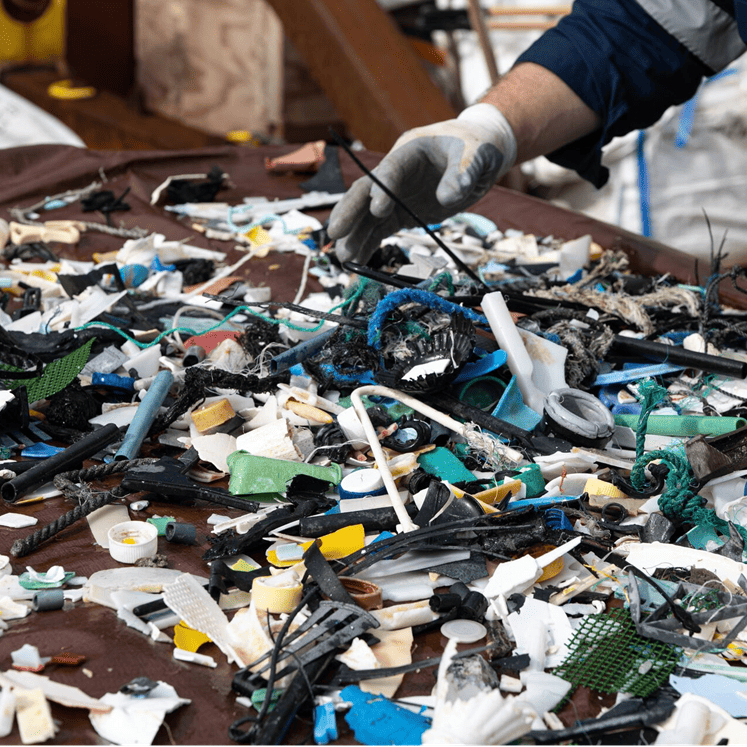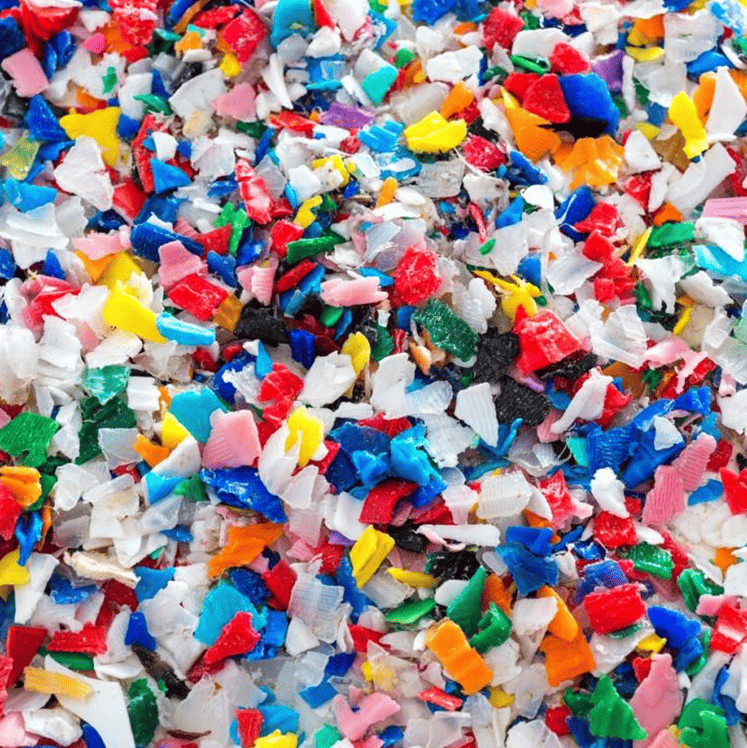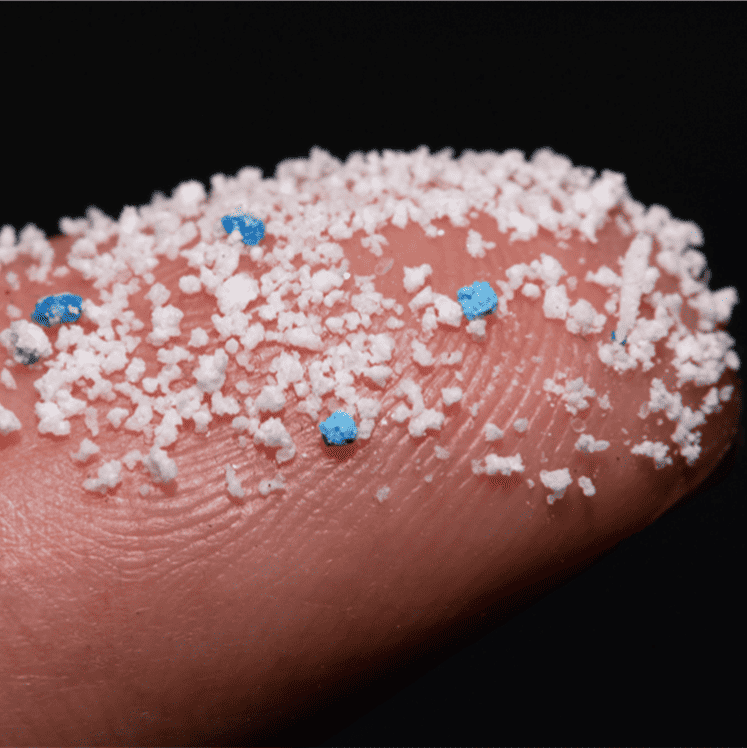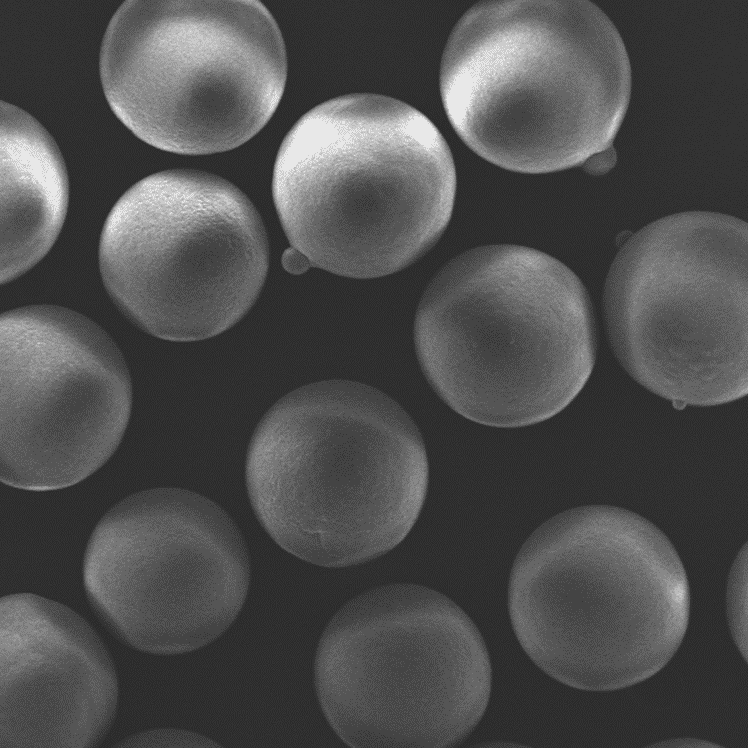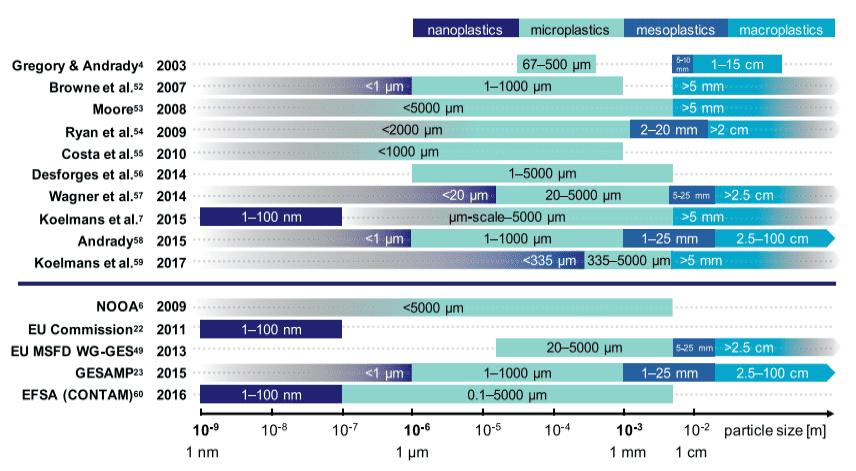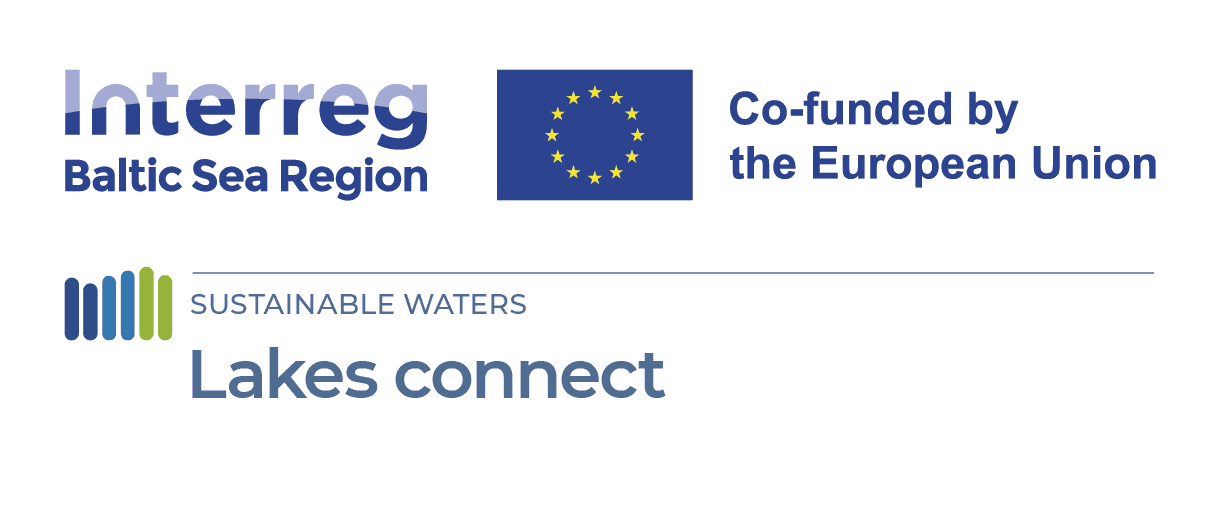
Microplastics - a cause for concern?
07 September 2023
Microplastics?
Plastics make our life easier in many ways and are often lighter or cost less than alternative materials. Plastic waste ends up in the environment as a result of the mass production and use of synthetic or modified natural polymers such as polyethylene or polystyrene.
They play an unintended role in the environment, causing risks to human health and the well-being of ecosystems. When exposed to a variety of factors, they give rise to plastic particles smaller than 5 mm commonly referred to as microplastics, alongside larger mesoplastics and smaller nanoplastics (Hartmann et al., 2019), which are ubiquitous in terrestrial and aquatic habitats, including cities, rural areas and remote locations.
The study of microplastics is important because of their widespread presence in the environment and possible health consequences. The presence of microplastics in water and soil also has negative impacts on ecosystems, marine organisms and fisheries and tourism along watersides.
How many plastic bags are used each year?






